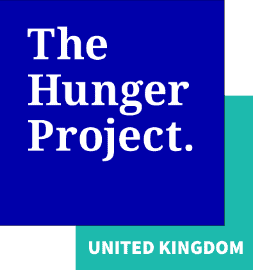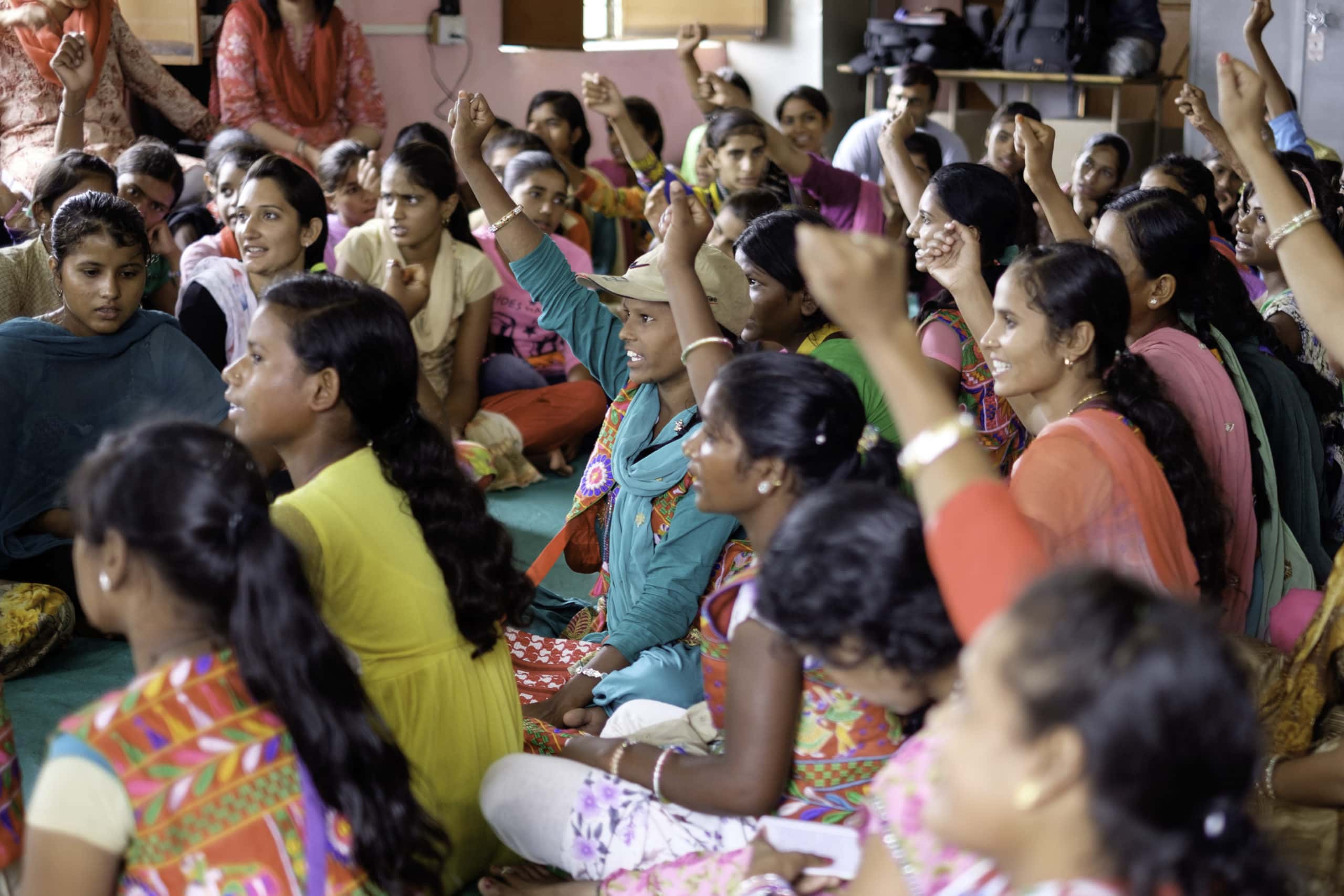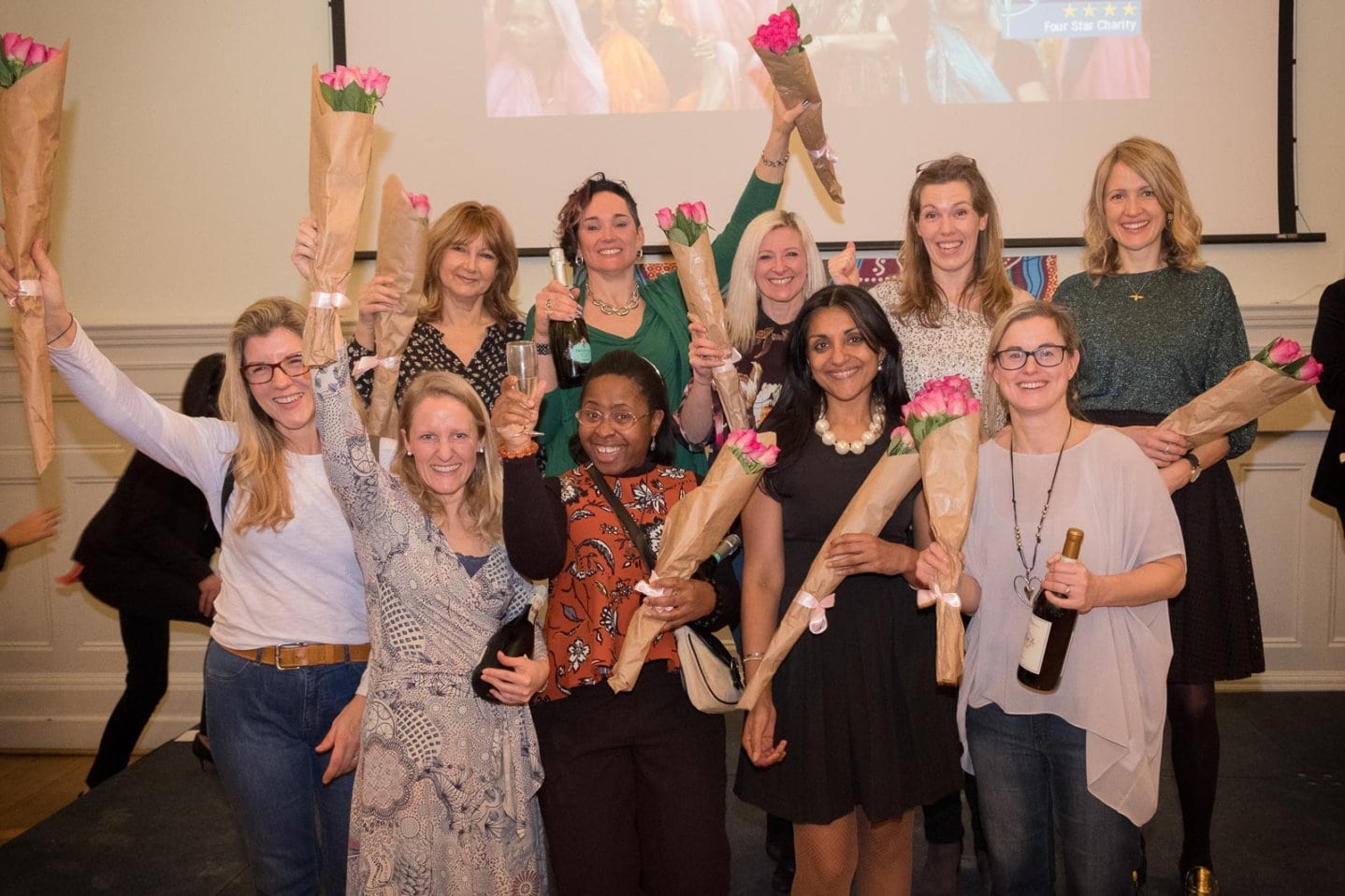COVID-19 resilient communities: addressing food security in Africa, Asia and Latin America
At The Hunger Project, our work is focused on the people living in persistent, chronic hunger—not in addressing emergency acute hunger, often referred to as famine. However, the lines between the two types of hunger are often blurry—many of the people we work with could start experiencing acute hunger as the conditions in their community change.
The economic effects of the COVID-19 pandemic are rapidly changing conditions in communities around the world—especially those already at risk for food insecurity. Projections from the World Food Program indicate that up to 265 million people could be living with severe food insecurity or in famine, this year—nearly double the 135 million people living in acute hunger in 2019—partially due to the impacts of the virus.
Our long-term work promoting strong systems, local leadership, and resiliency helps communities manage these changes, especially in times of crisis. In response to the pandemic, The Hunger Project has mobilized over 500,000 trained, local leaders in 12 countries around the world. We are working through this network to ensure our community partners have the tools and information needed to respond to any shocks to their food systems.
In Africa
In Southern Africa, where the harvest season is ending, our teams activated our network of trained animators (local leaders) to lead the effort to restock local food banks. In other parts of Africa, where communities are entering planting season, animators are urging farmers to plant despite the pandemic and have trained people how to do so while maintaining recommended distancing. Where necessary, we are working with communities to access markets to resupply the food banks with dry rations.
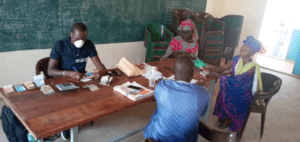
Community partners at the Sam Contor Epicentre Rural Bank in Senegal;
April 2020
Across Africa, rural banks at THP Epicentres (communities) are operating with protective measures in place. This is a crucial time for many farmers; they need to deposit earnings from the harvest or take money out of their savings to buy seeds to plant. By keeping the banks open we are also ensuring that people can freely use their savings to purchase nutritious food, should there be a dramatic increase in price or a shortage.
Across Africa, our colleagues are leveraging radio, loudspeakers and megaphones to share messages about food security and nutrition, continuing our programming on these topics from a safe distance.
In Asia
Our food security efforts in Asia hinge on connecting people impacted by the COVID-19 pandemic to government schemes and support.
In India, where we train elected women representatives, our team, in tandem with our community-based partner organizations, have personally reached out to each one of the 8,000 elected women that have gone through our training programme to equip them with information about the virus and new government relief efforts. These women can then confidently connect their constituents, including returning migrant workers who are at significant risk for food insecurity, with the safety net programs.
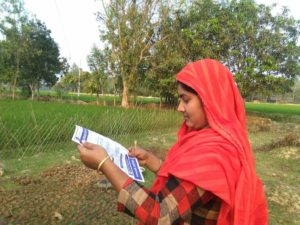
Additionally, they are leveraging local and state level media to highlight the shortfalls and challenges of delivering services, including food rations, during the pandemic. This advocacy work is critical so that systems are improved and can function efficiently if the relief is needed long-term.
In Bangladesh, our networks of volunteers are connecting their communities with government support schemes, though many were already overstretched before the pandemic. To ensure that their neighbors are taken care of, many of our volunteer networks have started community-based philanthropy efforts to address immediate needs (food, medicine, cash money, soap, mask, hand sanitizer etc.) of marginalized people at village level.
In Latin America
Our Mexican colleagues have been focused on mitigating the economic impact of government-mandated shutdowns. For example, our team is conducting remote training and providing information to support businesses with innovative strategies to adapt their work to the current environment. This effort will allow the women working in textile cooperatives the opportunity to continue to support their families and communities through the pandemic.
Seeing community leaders stepping into their leadership to address the many ripple effects of COVID-19 has reinforced the importance of community-led development—for long-term progress and to mitigate the effects of crises.
We will continue to share news from our programme countries with you as regularly as we can.
– See photos from The Hunger Project’s COVID-19 response around the world, here
– Read a message from our UK Country Director, Sophie, here
– Read our earlier blog about how The Hunger Project is responding to Covid-19 here
No one should be left behind, invest now to help us reach the most vulnerable
